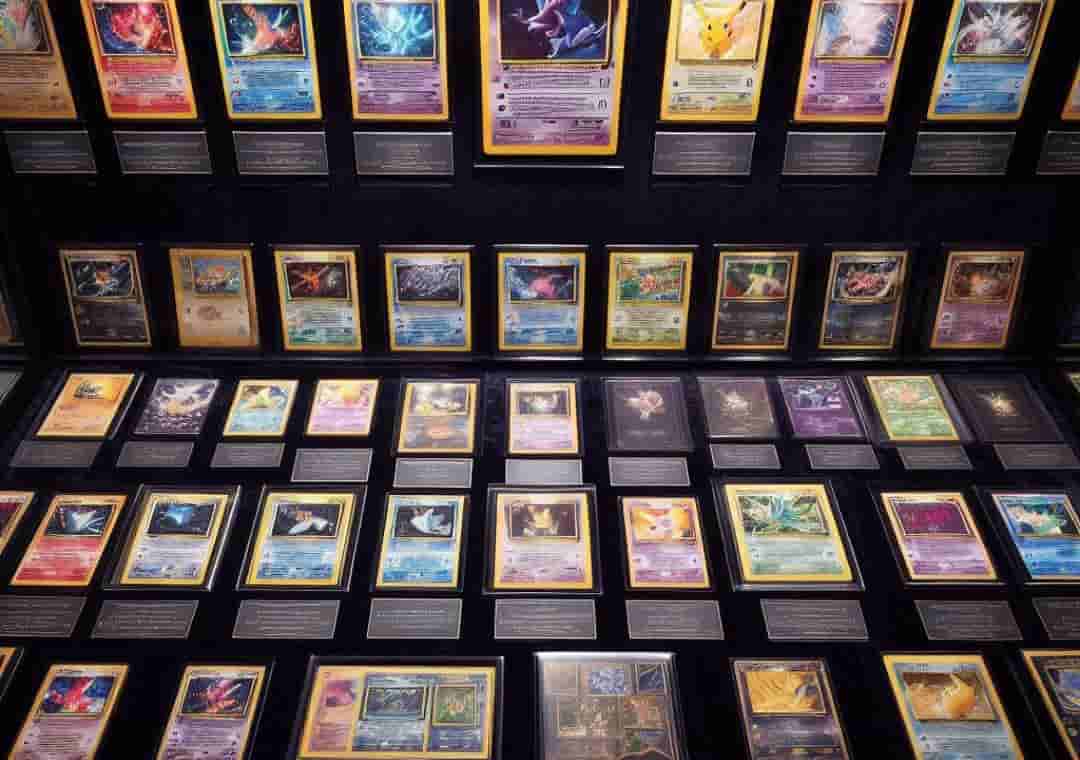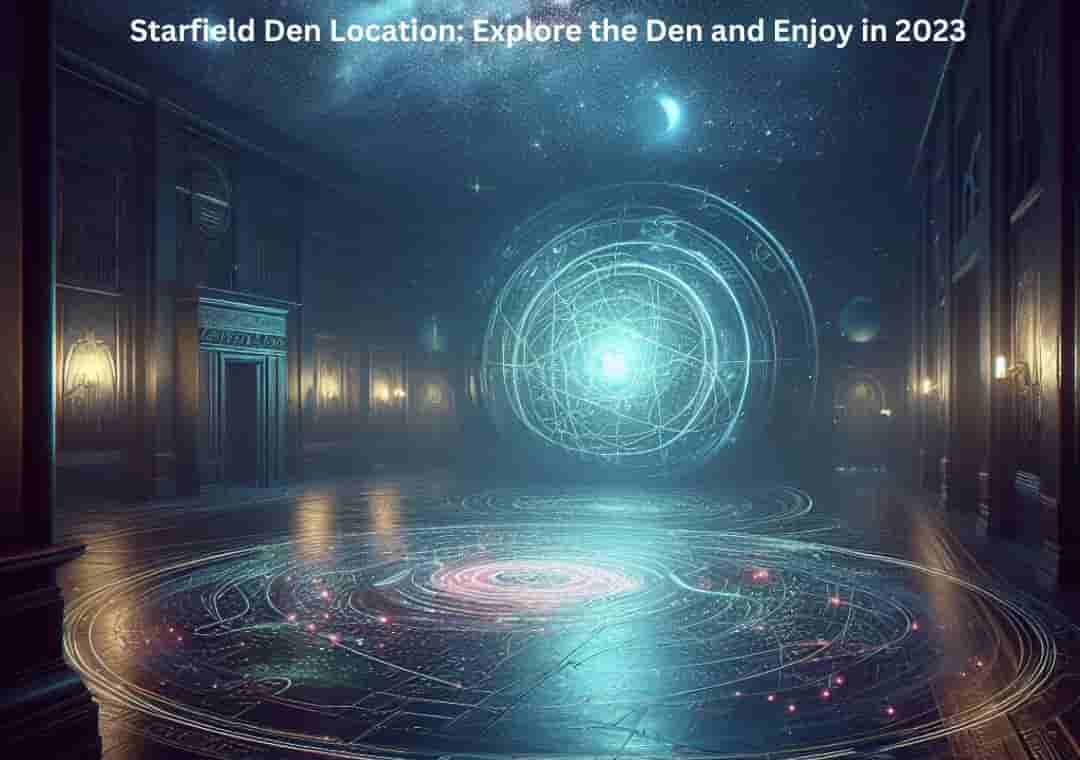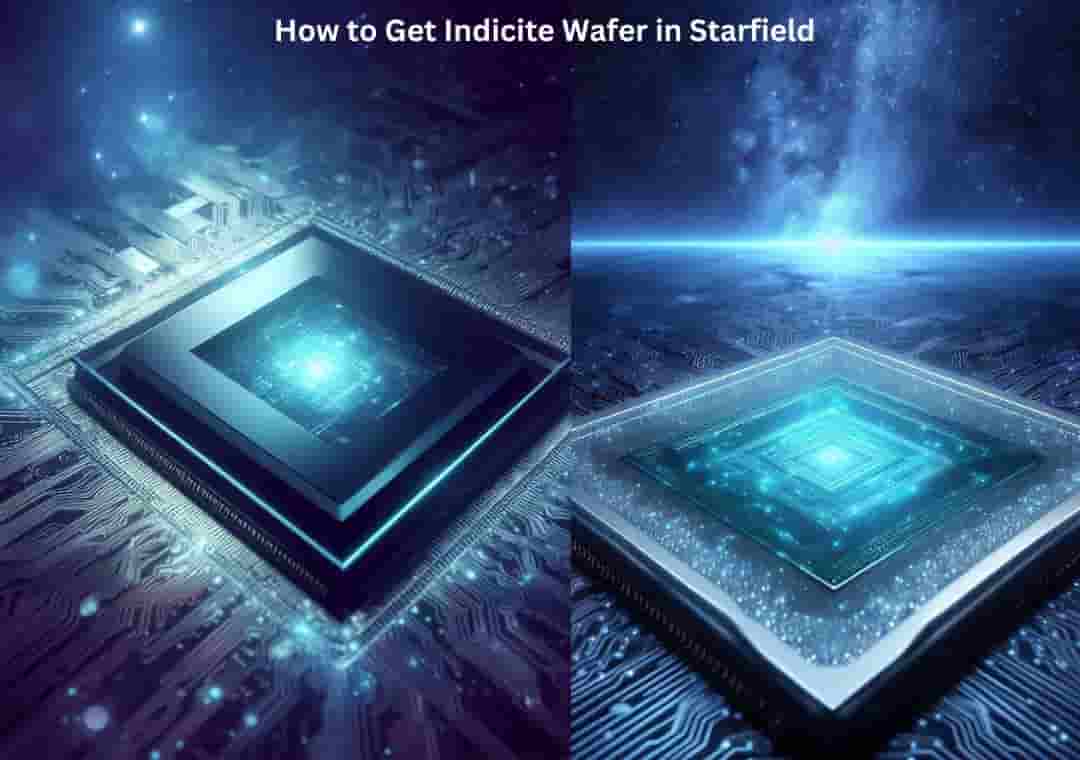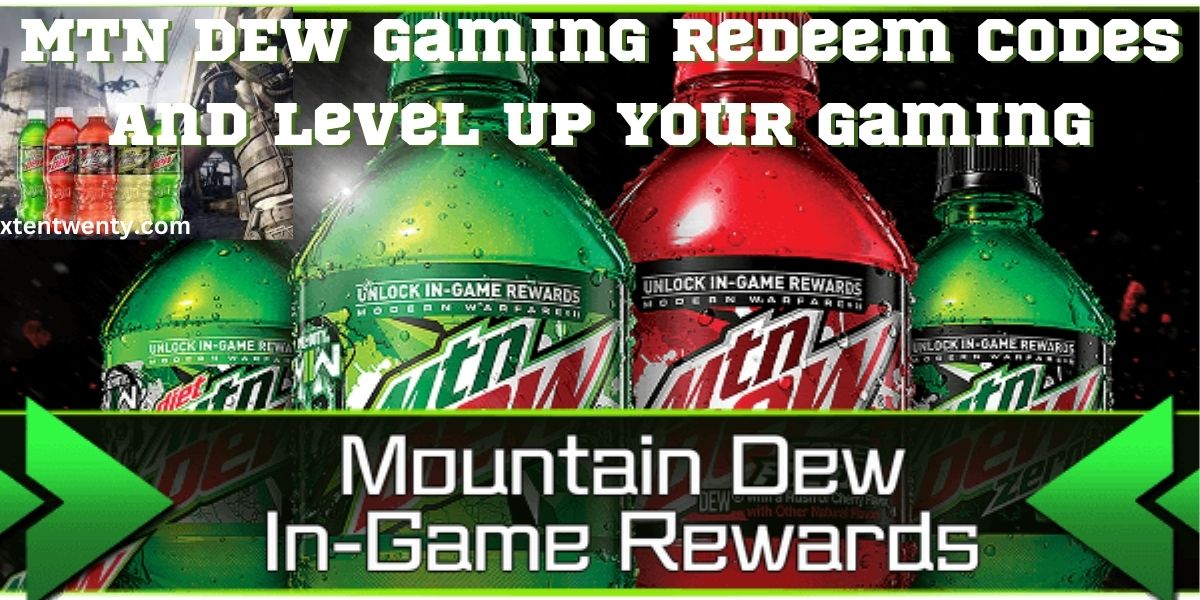PSA grade Korean Pokémon cards, but only for some base cards or a few from the Sword & Shield Shiny Star V set. This is because PSA considers Korean cards as “foreign cards” and has stricter grading rules. Korean cards also tend to have different cards in their packs than the American or Japanese ones, which makes them less comparable.
However, PSA is not the only option for grading Korean Pokemon cards. You can also try TCG or BGS, other reputable grading companies that may accept more types of Korean cards. Grading your Korean Pokemon cards can be good if you have rare or valuable ones, such as first-edition character cards or shiny cards. Grading can increase the value and protect the condition of your cards.
What is the difference between PSA, TCG, and BGS?
PSA, TCG, and BGS are three of the most popular and reputable companies that offer grading services for trading cards, such as Pokemon cards. Grading is the process of evaluating the condition and authenticity of a card and assigning it a numerical score from 1 to 10, with 10 being the best. Grading can help collectors and sellers determine the value and quality of their cards and protect them from damage and fraud.
PSA, TCG, and BGS differ in their grading criteria, methods, labels, fees, turnaround times, and market preferences. Here is a brief overview of each company:
PSA (Professional Sports Authenticator)
PSA is the oldest and largest grading company in the world. It was founded in 1991 and has graded over 35 million cards. PSA uses a simple grading system that assigns one overall score to a card based on its centering, corners, edges, and surface. So, PSA does not provide sub-grades for these aspects. Moreover, PSA labels are red and white, with the grade displayed in large font. Depending on the service level and value, PSA fees range from $22 to $10,000 per card. PSA turnaround times vary from 5 business days to 85 business days, depending on the service level and the demand. Many collectors widely accept and prefer PSA, especially for vintage and high-end cards.
TCG (Trading Card Grading)
TCG is a relatively new grading company that was launched in 2019 by Beckett Media. However, TCG specializes in grading modern trading cards, such as Pokemon, Yu-Gi-Oh, Magic: The Gathering, and Dragon Ball Super. TCG uses a similar grading system to PSA but with slightly different standards and definitions. So, TCG also does not provide sub-grades for the card aspects. TCG labels are blue and white, with the grade displayed in large font. TCG fees range from $8 to $250 per card, depending on the service level and the card value. Hence, TCG turnaround times vary from 10 business days to 60 business days, depending on the service level and the demand. TCG is still growing its reputation and market share in the hobby.
BGS (Beckett Grading Services)
PGS is another well-established grading company that was founded in 1999 by Beckett Media. BGS grades sports and non-sports cards but is more known for its expertise in modern cards. BGS uses a more detailed grading system that assigns sub-grades for each aspect of the card: centering, corners, edges, and surface. The sub-grades are then averaged to get the final grade. BGS also has a special designation called Black Label, which is given to cards that receive a perfect 10 in all sub-grades. BGS labels are black and gold, with the grade and sub-grades in small font.
Moreover, BGS fees range from $15 to $250 per card, depending on the service level and the card value. BGS turnaround times vary from 5 business days to 60 business days, depending on the service level and the demand. Thus, BGS is highly respected and sought-after by many collectors, especially for modern and rare cards.
The Popularity of PSA grade Korean pokemon cards
PSA graded Pokemon cards are trendy among collectors and fans of the franchise. PSA stands for Professional Sports Authenticator, the world’s oldest and largest grading company. Grading is the process of evaluating the condition and authenticity of a card and assigning it a numerical score from 1 to 10, with 10 being the best. Grading can help collectors and sellers determine the value and quality of their cards and protect them from damage and fraud.
PSA graded Cards with different Trading Cards
PSA has graded over 35 million trading cards, autographs, and sports collectibles, including over 1 million Pokemon cards. The first Pokemon card that PSA graded was a 1st Edition Holographic Charizard from the Base Set, considered one of the hobby’s most iconic and valuable cards. 2018 a PSA 10 example of this card reached $40,000 in an auction. In 2019, a PSA 9 example of the rare Pikachu Illustrator card sold for $224,250, making it the most expensive Pokemon card ever.
Factors on the Popularity of PSA grade Korean pokemon cards
The popularity of PSA graded Pokemon cards is driven by several factors, such as nostalgia, rarity, variation, artwork, and market demand. Many collectors grew up playing video games or watching anime and want to relive their childhood memories through the cards. Some collectors also want to complete their sets or collections by finding all the necessary cards. Moreover, Some cards are rare or have different versions that make them more desirable, such as 1st Edition, Shadowless, No Rarity Symbol, or Shiny cards. Thus, Some cards also have beautiful or impressive artwork that appeals to collectors’ aesthetic tastes. Finally, some cards have high market demand due to their popularity among fans or their potential for investment returns.
Korean Pokemon Cards and PSA Grading
PSA stands for Professional Sports Authenticator, the world’s oldest and largest grading company. Grading is the process of evaluating the condition and authenticity of a card and assigning it a numerical score from 1 to 10, with 10 being the best. Grading can help collectors and sellers determine the value and quality of their cards and protect them from damage and fraud.
PSA Korean Cards as “Foreign Crads”
Does PSA grade Korean Pokemon cards, but only for some base cards or a few from the Sword & Shield Shiny Star V set? This is because PSA considers Korean cards “foreign cards” and has stricter grading rules. Korean cards also tend to have different cards in their packs than the American or Japanese ones, which makes them less comparable.
However, PSA is not the only option for grading Korean Pokemon cards. You can also try TCG or BGS, other reputable grading companies that may accept more types of Korean cards. Grading your Korean Pokemon cards can be good if you have rare or valuable ones, such as first-edition character cards or shiny cards. Grading can increase the value and protect the condition of your cards.
Some of the criteria that grading companies use to evaluate your cards are:
Marks, miscut, off-center, surface, edges, corners, and authenticity. You can check these aspects before sending your cards to get an estimate of their grade. You can also look up the population report of PSA to see how many Korean Pokemon cards they have graded and what grades they received.
How much does it cost to PSA grade Korean Pokemon cards?
The cost of grading a Korean Pokemon card depends on which grading company you choose and your service level. According to my web search results, PSA, TCG, and BGS are three of the most popular and reputable companies that offer grading services for trading cards, such as Pokemon cards.
PSA Fees ranges
Depending on the service level and value, PSA fees range from $22 to $10,000 per card. However, PSA only grades some base cards or a few from the Sword & Shield Shiny Star V set for Korean Pokemon cards.
TCG Fees ranges
TCG fees range from $8 to $250 per card, depending on the service level and the card value. Thus, CG specializes in grading modern trading cards, such as Pokemon, Yu-Gi-Oh, Magic: The Gathering, and Dragon Ball Super.
BGS Fees Ranges
BGS fees range from $15 to $250 per card, depending on the service level and the card value. Moreover, BGS grades sports and non-sports cards but is more known for its expertise in modern cards. Hence, BGS also has a special designation called Black Label, which is given to cards that receive a perfect 10 in all sub-grades.
You can check the websites of each grading company for more details on their fees, services, and submission processes. You can also compare their grading criteria, methods, labels, turnaround times, and market preferences to see which suits your needs best.
Benefits of PSA grade Korean Pokemon cards
Grading is the process of evaluating the condition and authenticity of a card and assigning it a numerical score from 1 to 10, with 10 being the best. Grading can help collectors and sellers determine the value and quality of their cards and protect them from damage and fraud.
Cards will be safe and secure for years:
PSA encases the graded cards in tamper-evident slabs that prevent scratches, bends, and other damages. The slabs also have a unique serial number and a hologram that verify the card’s grade and authenticity.
Helps to avoid purchasing fakes and forgeries on the resale market:
PSA has a strict authentication process that ensures the card is genuine and not altered. PSA also maintains a database of all the graded cards, which can be accessed online or through their app. This allows buyers to check the history and population of any PSA graded card before purchasing it.
Great resale values:
PSA grade Korean Pokemon cards command higher prices than ungraded or lower-graded cards, especially for rare or valuable ones. This is because many collectors widely accept and prefer PSA, especially for vintage and high-end cards. PSA graded cards also have more demand and attract more bids online or at local card shops.
Pokemon cards look great in the slabs:
Although PSA labels are red and white, with the grade displayed in large font, the slabs also have a clear window that showcases the card’s artwork and features. Many collectors enjoy displaying their PSA graded cards in their collections or on their walls.
Trusted brand and market leader for grading:
PSA has been grading cards since 1991 and has graded over 35 million cards, including over 1 million Pokemon cards. PSA is known for being consistent, accurate, and reliable in its grading standards and services. Moreover, PSA offers various service levels, fees, and turnaround times to suit different needs and budgets.
However, PSA grading for Korean Pokemon cards also has some limitations, such as:
PSA only grades some of the base cards or a few from the Sword & Shield Shiny Star V set for Korean Pokemon cards:
This is because PSA considers Korean cards “foreign cards” and has stricter grading rules. Korean cards also tend to have different cards in their packs than the American or Japanese ones, which makes them less comparable.
PSA does not provide sub-grades for the card aspects:
This uses a simple grading system that assigns one overall score to a card based on its centering, corners, edges, and surface. Thus, PSA does not provide sub-grades for these aspects, and some collectors may prefer to see more details about the card’s condition.
PSA fees and turnaround times can be high or variable:
Depending on the service level and value, PSA fees range from $22 to $10,000 per card. PSA turnaround times vary from 5 to 85 business days, depending on the service level and the demand. These factors can make PSA grading costly or time-consuming for some collectors.
Therefore, PSA grading for Korean Pokemon cards has pros and cons, depending on your preferences and goals. You may also want to consider other grading options, such as TCG or BGS, other reputable grading companies that may accept more Korean cards.
How do I know if my Korean Pokemon card is worth grading?
Grading can help collectors and sellers determine the value and quality of their cards and protect them from damage and fraud.
The rarity of the card:
Some cards are more rare and valuable than others, depending on their set, edition, variation, and type. For example, cards with a star symbol in the bottom corner are rare, cards with a first edition mark on the side are from the first print run of a set, cards that are holographic or have particular artwork are more desirable, and cards that feature popular or powerful Pokemon are more in demand. You can check the rarity of your card by looking at its symbols, features, and set number.
The condition of the card:
The condition of a card is determined by its centering, corners, edges, surface, and authenticity. These aspects are graded by professional graders using a scale from 1 to 10, with 10 being perfect. Cards with no visible flaws or defects are more likely to receive a high grade than cards with scratches, bends, stains, or other damages. You can check the condition of your card by inspecting it closely under good lighting and comparing it to online guides or examples.
The cost and benefit of grading:
PSA grade Korean Pokemon cards can be costly and time-consuming, depending on which grading company you choose and your service level. Different grading companies offer different fees, services, standards, labels, turnaround times, and market preferences. Some of the most popular and reputable grading companies are PSA (Professional Sports Authenticator), TCG (Trading Card Grading), and BGS (Beckett Grading Services). You can check their websites for more details on fees, services, and submission processes. Grading a card can also increase its value and protect its condition, especially if it is rare or valuable. However, not all cards will benefit from grading, as some may not receive a high grade or have little demand in the market.





